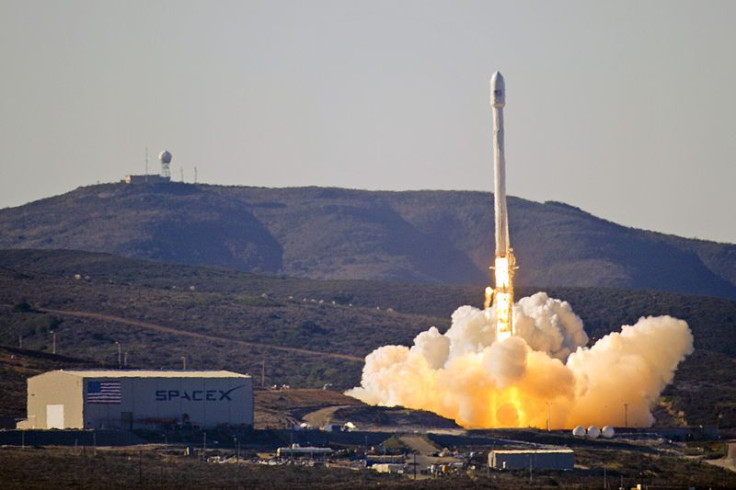SpaceX Rocket Launch Delayed; Elon Musk Admits 'Horrible Nightmares' Before Liftoff [VIDEO]

SpaceX decided this week to delay the overnight launch of its AsiaSat 6 telecommunications satellite in order to conduct further tests on the Falcon 9 rocket, CEO Elon Musk said in a statement.
Musk’s company had initially planned to launch the communications satellite early Tuesday but pushed the date back to Wednesday after a test rocket exploded Friday in McGregor, Texas. That delay has been extended by at least one week, the CEO said, so that SpaceX engineers can again review all potential issues and contingency plans.
“The natural question is whether this is related to the test vehicle malfunction at our development facility in Texas last week,” Musk wrote in a company announcement published late Tuesday evening. “After a thorough review, we are confident that there is no direct link. Had the same blocked sensor port problem occurred with an operational Falcon 9, it would have been outvoted by several other sensors. That voting system was not present on the test vehicle.”
The AsiaSat 6, owned by the Hong Kong-based television network of the same name, was scheduled to enter service in October, expanding broadcast options across China. Weighing in at 9,900 pounds when completely fueled, the satellite is supposed to be deployed by the 224-foot Falcon 9 booster rocket in a mission valued at $190 million.
Musk promised transparency in the event that the company finds out any unexpected information during the review, but the cancelation comes only days after he confessed to CNN he has nightmares before liftoff.
“As we get closer to a rocket launch my sleep is worse,” the SpaceX CEO said. “I did have for a while these sort of horrible nightmares of rockets failing before launch because in the very beginning our rockets did not succeed. … I don’t know why, I’ve always had those from when I was a kid.”
A video of the failed SpaceX test, in which the Falcon 9 exploded 17 seconds after takeoff, is included below:
© Copyright IBTimes 2025. All rights reserved.





















